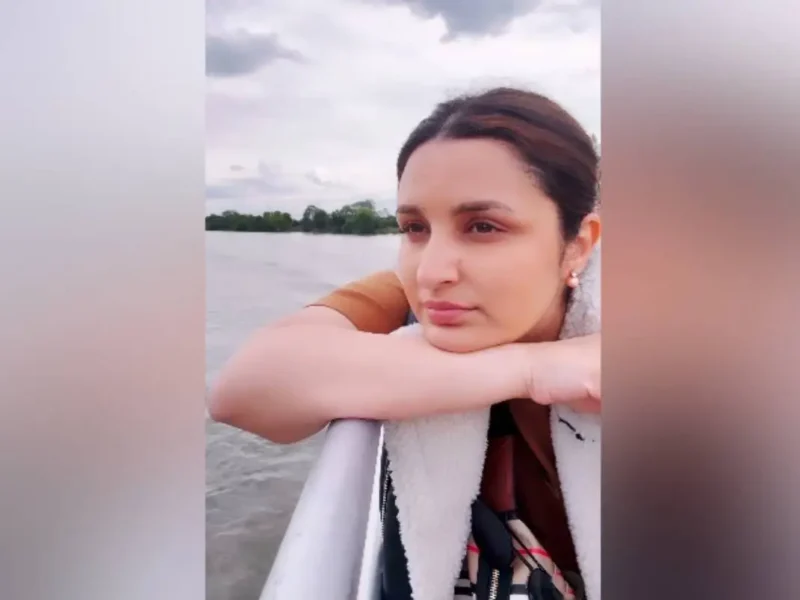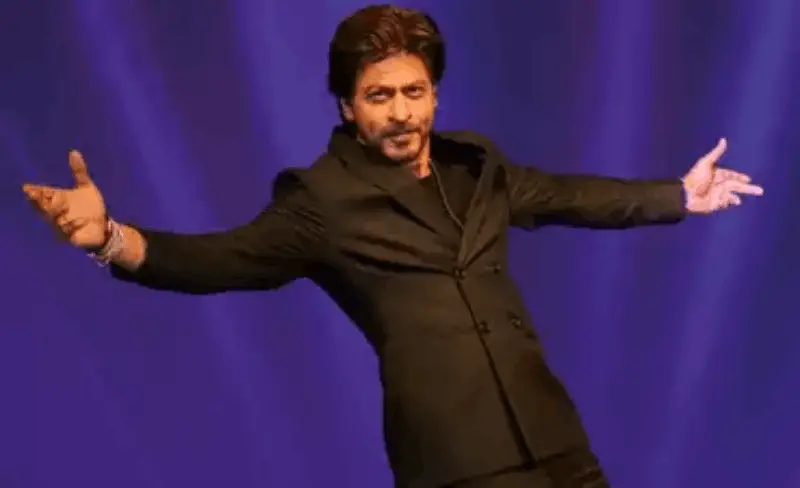
Salim Ghouse Passes Away in Mumbai at 70
MUMBAI (IANS) – Veteran stage, television and film actor Salim Ghouse — who featured in several Bollywood, south Indian and English movies — passed away following a cardiac arrest, here on April 28.
Ghouse, 70, was rushed to the hospital but did not recover, according to his wife Anita and son Arayaama.
Born in Chennai and educated there, Ghouse later graduated from the FTII, Pune, and then plunged into theatre. He was also a martial arts expert.
Known for his roles in “Bharat Ek Khoja”, “Wagle Ki Duniya”, “Yeh Jo Hai Zindagi” and “Subah”, Ghouse enjoyed equal popularity in Bollywood and south India, having acted with some of the biggest stars and banners since his debut in 1978 with “Swarg Nark”.
Later, the versatile actor with piercing eyes and a strong voice played notable roles in several award-winning films like “Chakra” (1981), “Saaraansh” and “Mohan Joshi Hazir Ho!” (both 1984), and “Trikaal” (1985).
He was seen with Shah Rukh Khan in “Koyla”, besides playing prominent roles in films like “Mujrim”, “Shapath”, Kamal Haasan’s “Vettri Vizhaa”, Mohanlal’s “Thazvaram”, and “Well Done Abba”. He was last seen in the Tamil film “Kaa” (2022).
Comfortable in dialogue delivery in multiple languages like Hindi, Tamil, Telugu, Malayalam and English, his other films included “Drohi” (also in Telugu), “Chinna Gounder” (both 1992), Maniratnam’s “Thiruda Thiruda” (1993), “Sardari Begum” (1996), “Soldier” (1998), “Indian” (2001), and “Missed Call” (2005).
On TV, Ghouse became a household name with his roles in “Yeh Jo Hai Zindagi” (1984), one of the earliest comedy serials on Doordarshan, “Subah” (1987), “X-Zone (1998), Hindi-English bilingual serial “Samvidhan” (2014), besides “Bharat Ek Khoj” where he played the roles of Lord Ram, Lord Krishna and Tipu Sultan.
He also worked in English films like “The Perfect Murder” and “The Deceivers”, and in theatre, he played roles in “Kim”, “The Maharaja’s Daughter”, “Troubador”, which was performed at various international festivals in Europe and Asia, and “Shakespearewallah” in the United Kingdom.




